Current projectsWe're excited to share news of some of the recent projects we have funded...
Enhancing Access to Sustainable EducationImplemented by Action for Development UgandaSince peace was completely restored in Uganda, local communities have faced the enormous task of rebuilding the education system, since many classroom desks and chairs were destroyed during the war. We were contacted by Action for Development Uganda (ADU) who told us about local Anekgwok Primary School in Ngai Sub County. The school has a large number of children enrolled who attend daily classes but they have to sit on stones and bricks. We sent a grant to supply 255 desks and 255 seats for the school classrooms. Providing these simple resources has created a better learning environment for the children. In the first term after this intervention, the dropout rate fell from 57 to 0. In the same term, almost four times as many children achieved a remarkable improvement in their performance. 164 new children have enrolled as a result of these new resources. There remains a strong need to provide resources like these to support children’s learning in Uganda. 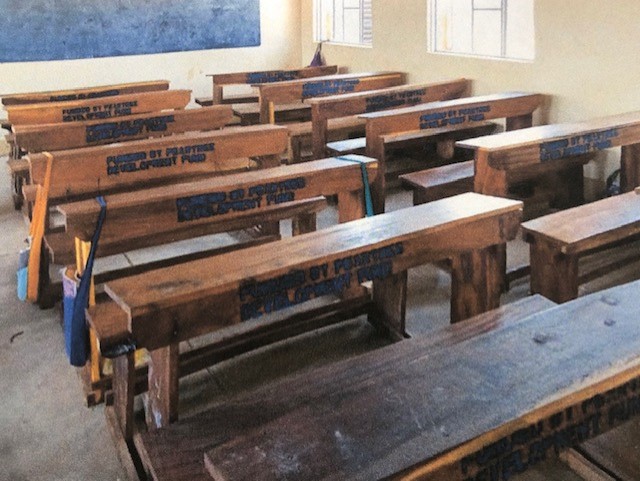 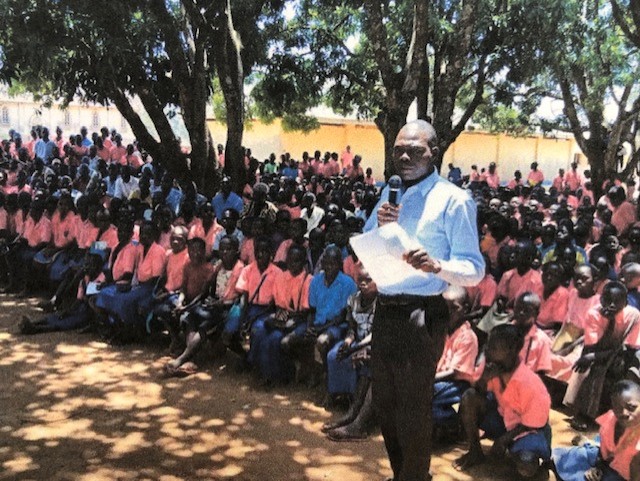
Keeping Girls Safe in Schools, Northern MalawiImplemented by Hope4Relief MalawiIn Rumphi District, Northern Malawi, the school dropout rate is increasing at an alarming rate. 50% of girls marry before the age of 18. Adolescent girls are further affected by lack of availability of sanitary protection and they cannot afford to buy sanitary towels. Many are forced to use rags and other unhygienic methods, which keeps them away from school during their menstrual period.
The Keeping Girls Safe in Schools project, designed and implemented by Hope4Relief Malawi, has provided sewing machines and materials for local women to make over 4,000 reusable sanitary towels. These have been distributed, for free, to 1,000 rural school girls from nine community day schools in the District. Girls’ attendance at the target schools has increased by 134% since this intervention. The project also funded the construction of a ‘girls only’ sanitary changing building at Bolero Rural Day Secondary Primary School, which has provided 94 girls with a safe place at school to change their pads. The girls now have the opportunity to remain at school throughout the day during their menstrual period. 4,500 girls have been reached by the project’s awareness raising meetings on menstrual hygiene, HIV and STIs, and early pregnancy. The project leaders have brought together parents, mother groups, teachers and village committees to increase parent knowledge on girls’ rights to education. Hope4Relief has successfully campaigned to facilitate the formation of community by-laws in seven local communities to protect adolescent girls from early marriage. You can find out more about their important work here: http://hope4reliefmw.org/
Namutumba District, Eastern Uganda: Water, Hygiene and Sanitation ProjectImplemented by Busoga Volunteers for Community Development (BuVoCoD)Namutumba District in Eastern Uganda is classified as a safe water scarce region. Only 57% of the population has access to an improved drinking water source. Many people in this region have no choice but to collect contaminated water from unprotected wells or surface sources. In the past few years there have been several cholera outbreaks in the region and 30% of school days are lost each year due to water-related illness.
The Busoga Volunteers for Community Development contacted us with a proposal to support ten villages in Namutumba District with the construction of three new protected shallow wells and a rain water harvest catchment system.
Work began in December 2017 with topographical surveys to decide on the best locations for the wells. Geology and yields of nearby water sources were considered. With the locations agreed, the excavation commenced - the wells were hand dug to depths of up to 85ft! The next stage was to protect the wells with brick to prevent collapse or contamination from falling soil, and finally, to install the pump mechanism and pipework. Alongside the construction, the Busoga Volunteers ran training programmes for the village residents on how to maintain the wells, combined with hygiene and sanitation practices. The communities have reported a reduction in the incidence of waterborne disease in the target villages. Reduced distances walked by children to get clean water has contributed to increased attendance in school. Each well yields enough water to serve more than 250 people per day.
And some of our previous projects...
Alternative Livelihood to Dalit Women and Girls through Jute Product Making and MarketingOrganised by the Women and Child Development Charitable Trust (WCDCT)The Government of India is taking steps to control practices that can harm the environment and as such, Tamil Nadu has banned the use of plastic bags and is instead promoting the use of jute bags and packaging. Jute fibre is perishable and decomposable, and its use supports the farmers of Eastern India who cultivate acres of jute plants.
In consultation with local Dalit women from villages in Ayothiyapattinam Block, Salem District, WCDCT approached us with a project proposal to train rural, landless women and girls in the production and marketing of environmentally-friendly jute products.
The lives of Dailt women in these villages is very hard. They find themselves ostricised from mainstream society, enduring harrassment and discrimination. When Dalit men migrate to the towns in search of work, the women left behind to look after the families face limited work opportunites and little income. In October 2016, an initial group of 30 women and girls were given three months intensive training in the production process of jute travel bags, carry bags and purses - from the purchase of raw materials, through to production, and finally to selling the end products at market. Orientation training was given in entrepreneurial skills, book keeping, marketing and how to access banking facilities. Over the winter, three further training groups were implemented so that by April 2017, 120 women and girls were successfully running production units.
Local demand for their products is steadily increasing and the women are working on securing bulk orders within the industry. We are so pleased to hear how successful these talented women have become.
 ???????
'Pass It On' Dairy Project
Organised by United African Orphan and Widows Foundation (UAOWF)In Uganda, HIV and poverty work together to wreak havoc on the population. UAOWF told us that in Iganga District, an estimated 12% of the population are widows and 15% are orphans*, most of whom are direct victims of the HIV pandemic. Their organisation alone has a membership of 675 widows and 289 orphans. In most homesteads, nutritional status is poor. Widow-led homesteads also cope with unfavourable laws, little or no assets, a large number of dependants and few marketable skills.
UAOWF secured funding from us to run a cow rearing project for 10 HIV widows in Nakalama and Nawandala. Having garnered the support of the local leaders, UAOWF ran 3 days of training in dairy cattle rearing. Each beneficiary was asked to build a cow shed and plant half an acre of pasture in readiness. The crops suffered after prolonged drought in East Africa but were replanted successfully.
After working hard to get a transportation licence, the team finally took delivery of 10 heifers in October and distributed them to the women. We were really pleased to hear that the women are utilising their training and are beginning to take milk on a daily basis to meet their needs.
The team has also forged solid working relationships with local leaders, the veterinary office and the local village councils. All these relationships have helped to bring the project to fruition. We wish all the women continued success with their cattle.
(*District Census, 2002)
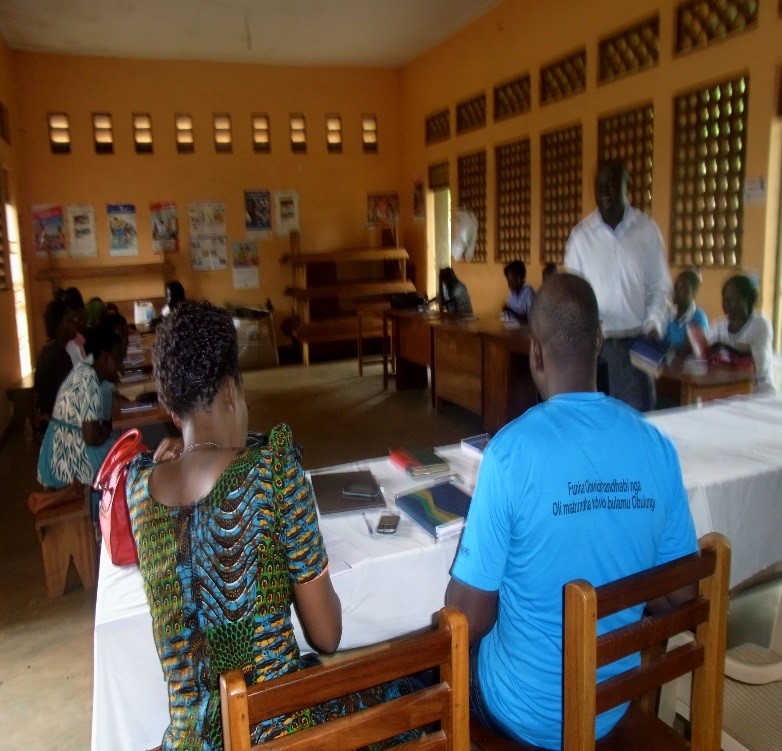
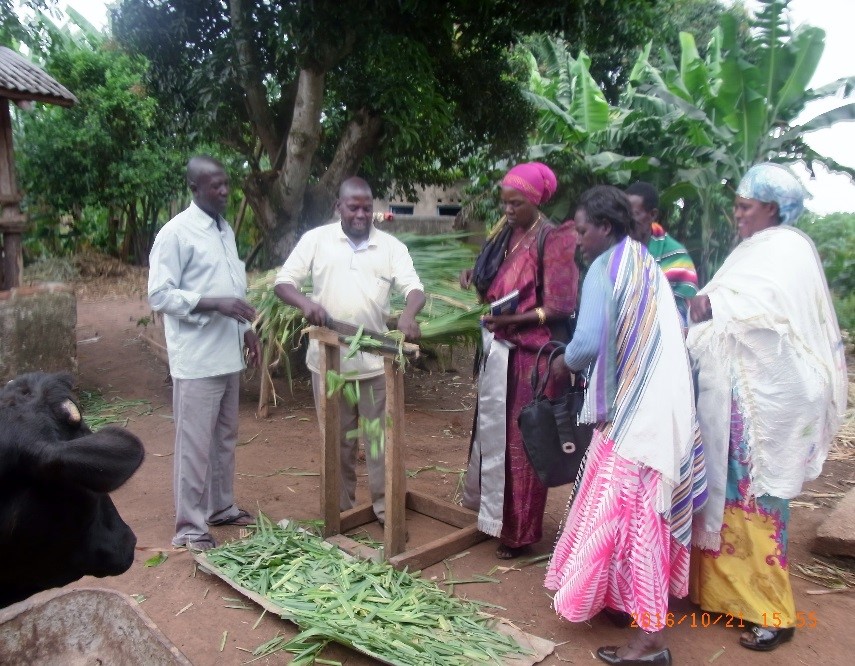
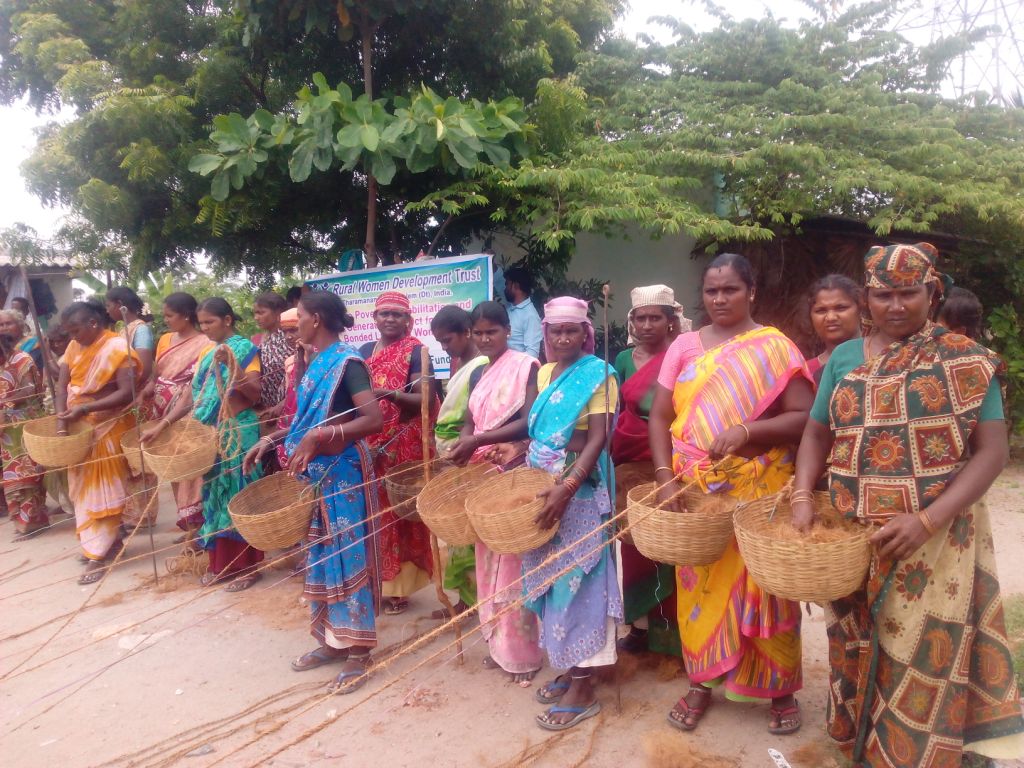
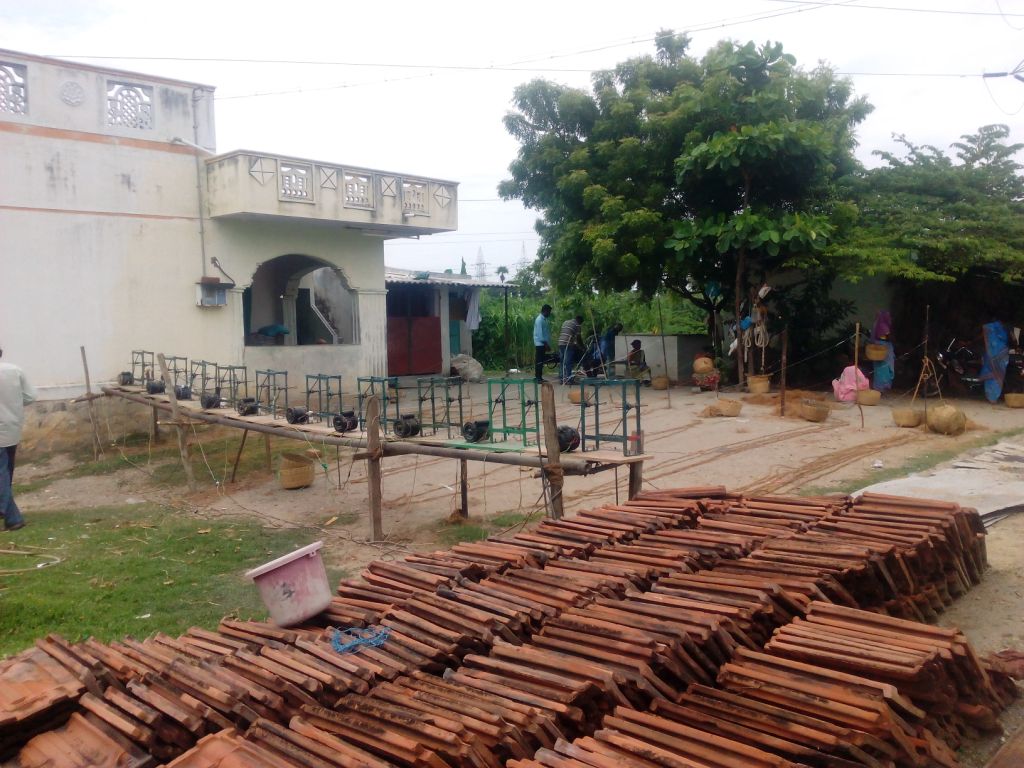
Sustainable Income Generation to Rescued Bonded Labourers through Coconut Coir Rope Making
Organised by the Rural Women Development Trust (RWDT)
The women of the Dalit Arunthathiyar community in Tamil Nadu face many problems. They endure miserable working conditions as bonded labourers. Lack of education or health awareness leads these women to start families at a very young age; their health often deteriorates quickly due to repeated pregnancies at close intervals. Arunthathiyar girls are illiterate and unskilled, and the cycle of poverty continues into the next generation.
RWDT and other organisations work hard to rescue bonded labourers, but once rescued, there is an urgent need for their rehabilitation. RWDT applied to us for funding for a rehabilitation project to support previously bonded labourers, utilising the skills they had learnt in slavery to start their own production and marketing.
30 rescued bonded women from Karukkalwadi village, Salem District, Tamil Nadu received 15 days training in coir rope making, and a further two days in marketing training. 15 machines were bought and given to the women (one between two) to start their own production. We were pleased to discover that local support for the project has been strong, and the women are now selling their coir products at market. They are working together, as they discover the strength in collective bargaining and demanding power. Stronger together!
Income Generating Programme on Goat Rearing for Dalit Women
Organised by Ebenezer Women Welfare Sangam (EWWS)
In Sanskrit, the term 'Dalit' means 'oppressed'. In Hindi, it means 'broken/scattered'. Despite the Government of India's Prevention of Atrocities Act of 1995, Dalit women still face harrassment, assault and discrimination and can be denied basic rights and education. EWWS applied to us for funding for a micro credit goat rearing programme for 30 Dalit women in 5 villages of Panamarathupatty Block, Salam District of Tamil Nadu.
In September 2016 the project was implemented. The women were given three days training in animal husbandry, and each was given a loan to purchase three goats. Armed with their newly gained knowledge, the women are able to look after their goats well. We are pleased to report that after some teething troubles in which some of the goats ate plastic and upset their tummies, they are now all thriving. Their milk is sold at market and has begun to generate income for the families. Over the last few months, the lady goats have been busy having babies!
The loan repayments are held in a revolving fund ready to be disbursed to more women in due course. Well done to all! We are looking forward to staying in touch.
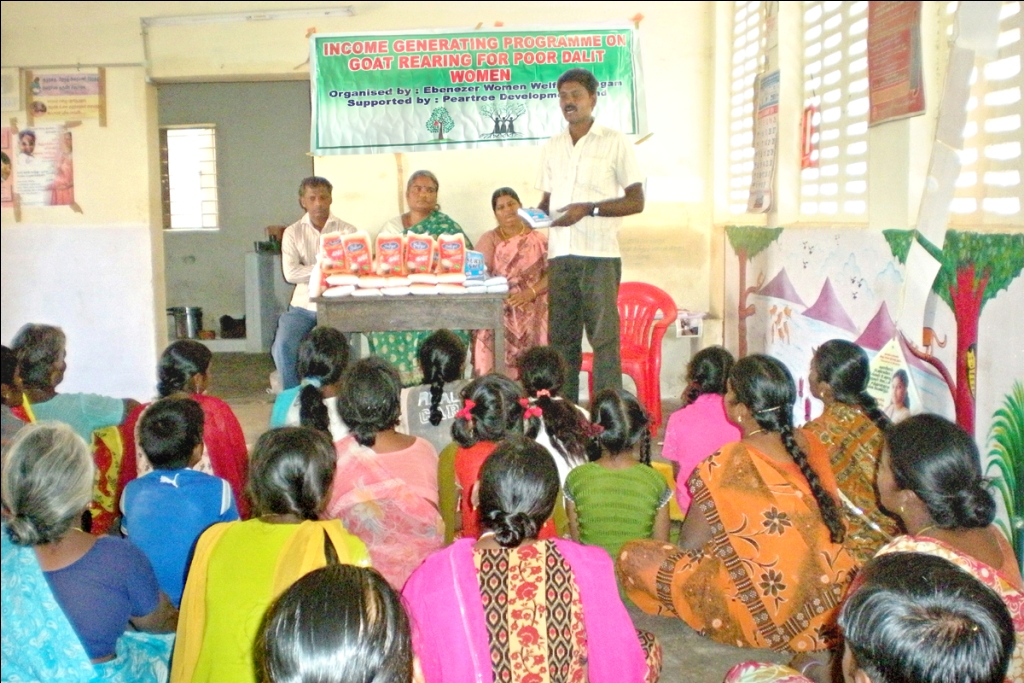
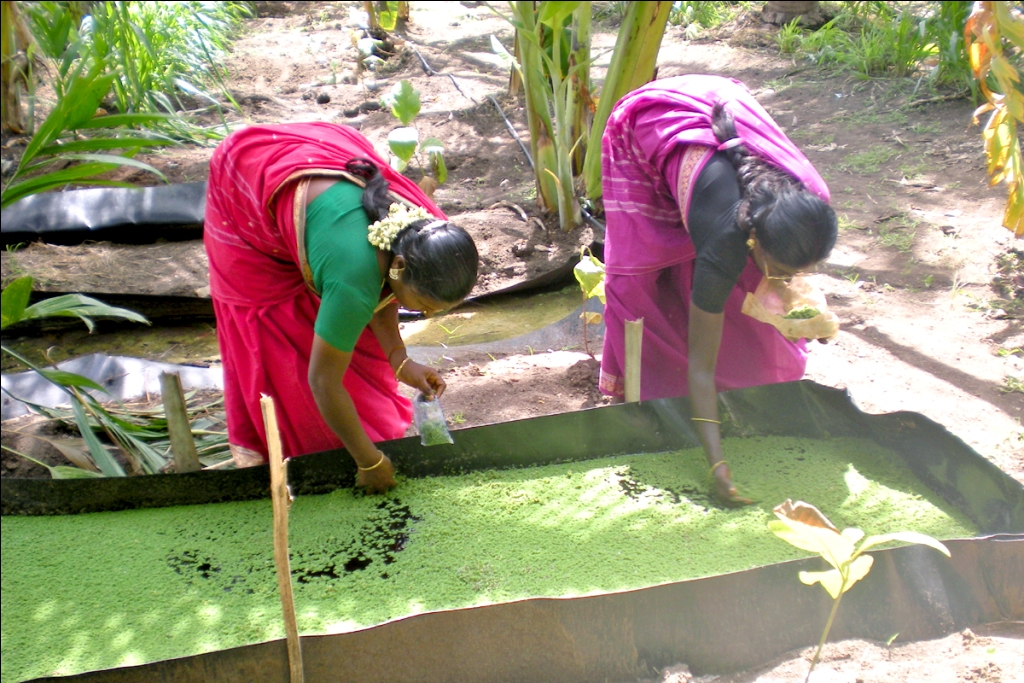
lorem ipsum dolor sit amet commodo labore takimata dolor kasd euismod qui erat aliquyam sed et justo dolor zzril sadipscing amet feugiat est diam sit kasd aliquyam eum praesent no eos quis eu wisi eirmod molestie.
lorem ipsum dolor sit amet commodo labore takimata dolor kasd euismod qui erat aliquyam sed et justo dolor zzril sadipscing amet feugiat est diam sit kasd aliquyam eum praesent no eos quis eu wisi eirmod molestie.
|